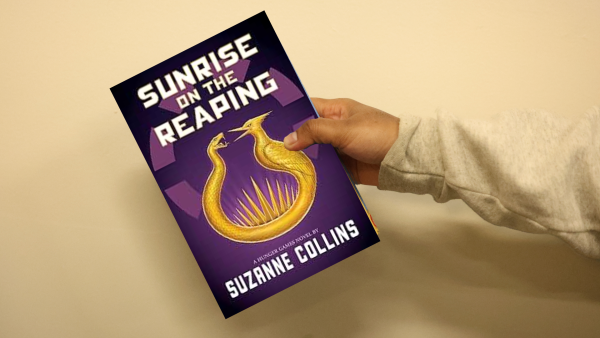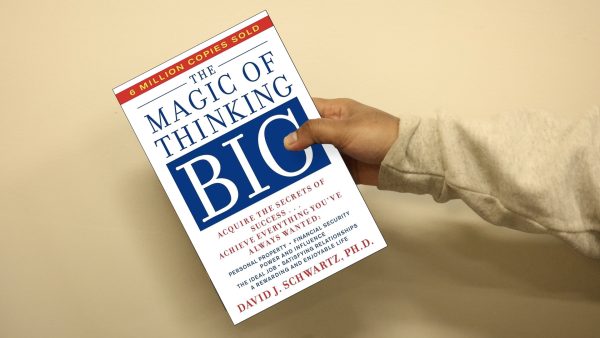“Eleanor Oliphant is Completely Fine” is Fairly Ordinary

Gail Honeyman’s “Eleanor Oliphant is Completely Fine” offers a unique, contemporary voice but struggles to create unique prose.(Courtesy of Facebook)
Unique voices in contemporary literature are fairly abundant, with more publishers buying manuscripts that encompass diverse and unique experiences. One such novel is Gail Honeyman’s “Eleanor Oliphant is Completely Fine,” which articulates the struggle of a young woman whose hauntingly troubled past produces a coming-of-age story unlike many published before.
Eleanor, a single 29-year-old living in Scotland, avoids all unnecessary obligations, favoring her vodka and pizza-filled weekends alone. However, when Eleanor meets Raymond, her coworker, her routine plans and calls to her mother seem to dissipate as she begins to reimagine the world she created for herself.
Both heartbreaking and uplifting, Eleanor’s journey through self-awareness and her haunted memories create a beautiful story that is unique to contemporary literature, offering a perspective that is familiar but distinct. In articulating this story, Honeyman often uses Eleanor’s voice to amplify the reader’s awareness of her situation.
Along the way, Honeyman occasionally struggles to hold the reader’s attention and relies on Eleanor’s blunt humor to isolate the purpose of a particular section. At times, this issue with the pacing of the novel is what may lose some readers, since it is only Eleanor’s looming and ever-present past that holds readers bound to the page.
The conflict of Eleanor’s life is not nuanced to an extraordinary degree — it is, instead, Eleanor who is distinct. The snappy wit and candidly truthful thoughts rushing from Eleanor’s head onto the page are what drives the novel.
The distinctiveness of Eleanor’s voice may make readers question Honeyman’s motive in making the novel about relationships and (both self and romantic) love since the novel could easily become a kind of dark comedy that amplifies messages about mental health awareness. In making the novel a dark romantic comedy, Honeyman begins to lose some of the nuances of Eleanor’s voice.
Beyond the writing, the ending of Eleanor’s journey was the shining star of the novel, with the beginning and end creating a reverse bell curve of readers’ interest. The twisted and important ending helps establish the novel’s true messaging; however, I wish such messaging had come sooner.
The shock of this finale made each page of the novel appear different upon reflection, making an unforgettable yet tragic ending. In many ways, the novel’s conclusion could have staged bigger revelations that could be explored by Honeyman instead of a traditional rom-com archetype.
Overall, “Eleanor Oliphant is Completely Fine” is a novel full of quirky voice and a beautiful story, with some of the novel’s construction inhibiting the greater exploration of the author’s main themes.While perhaps a perfect, quick beach read, Eleanor Oliphant’s journey is unique but not breathtaking.
If you’re interested in picking up a copy of “Eleanor Oliphant is Completely Fine,” make sure to check your local booksellers’ website for a way to support small bookstores during this crazy time.













































































































































































































J.F • Aug 22, 2020 at 7:27 am
I think we must have been reading a completely different book! To view this in any way as a romantic novel is to miss so much of what it truly represents. The human capacity to isolate for protection yet harm ourselves by doing so is endless! Thankfully Eleanor navigates her way through.